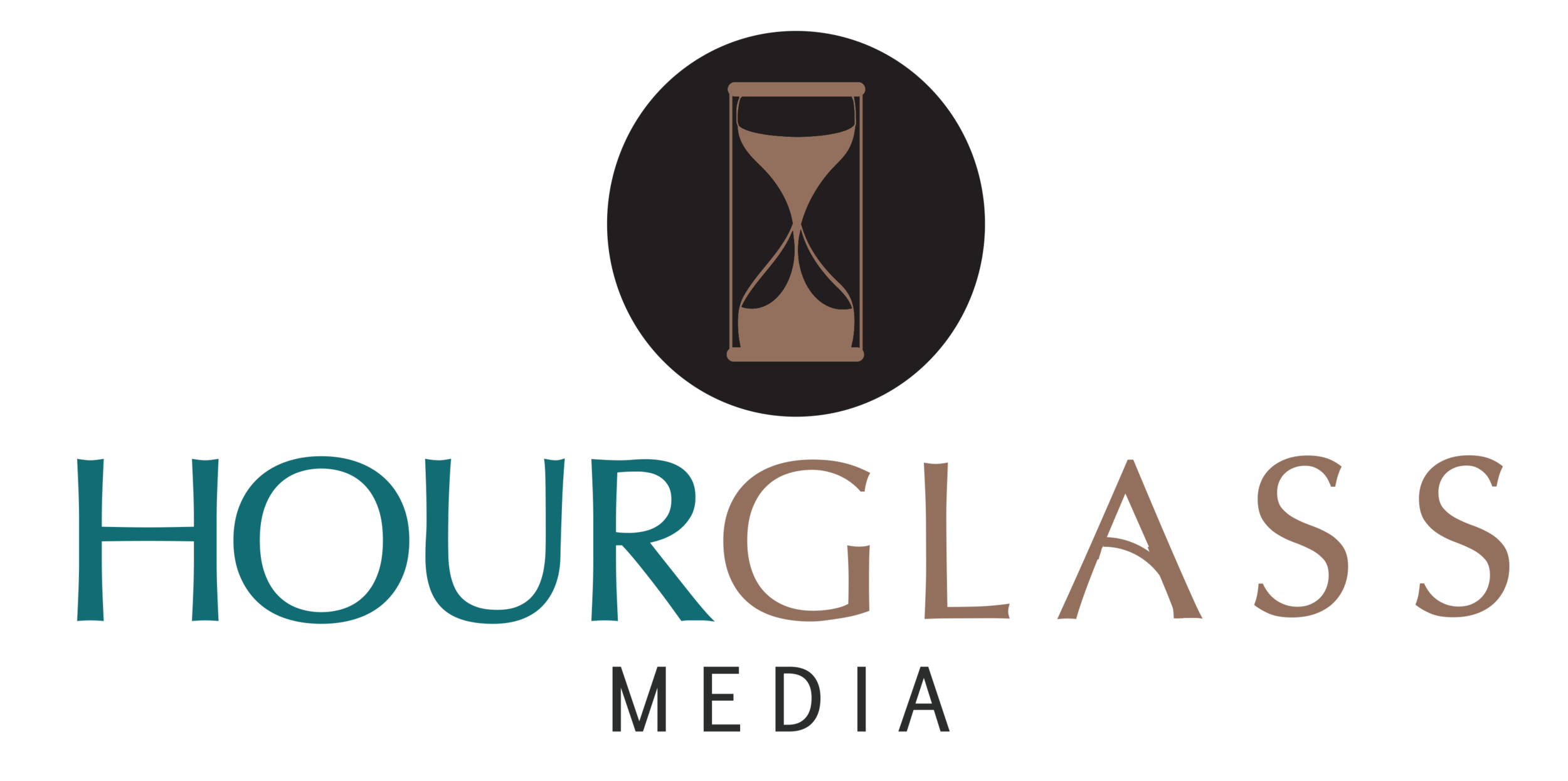Event Recap: Ethical Decision-Making in Times of Crisis
⌛ By Kaylin R. Staten ⌛
On September 21, the Public Relations Society of America-River Cities Chapter hosted “Ethical Decision-Making in Times of Crisis” from 2 p.m. to 5 p.m. at Marshall University with local professionals and students in attendance. Attendees listened to a panel of professionals discuss their own ethical experiences in the workplace and how having a crisis communications plan in place is instrumental during the pre-crisis, crisis and post-crisis phases. Participants also underwent a mock crisis communications scenario in the workshop session.
If you're a communications professional, crises can and will occur during normal business hours and even while you're asleep. (Thanks to our 24/7 news cycle.) Whether the crisis is intentional or unintentional, violent or nonviolent, natural or human-made, the handling of the situation is the same. Create a proactive crisis communications plan and implement it in times of crisis. Use ethics and your own personal code of conduct to aid in your decision-making.
Here are three takeaways from the crisis communications/ethics event:
Have a pre-made crisis communications plan.
There is limited time to develop a detailed plan when a crisis occurs. So, it’s essential to create a living crisis communications document in the anticipation of a crisis. Assess a potential problem and do an environmental scan. Which internal and external publics will be affected by the crisis? What will need to be communicated and when? Make a list of potential scenarios and then rank them according to severity. Start with the most severe crisis first and then work your way down the list. Be sure to include the problem and how you plan to address it. Come up with sample messaging, a spokesperson, your crisis communications team and more intricate details. You can make minor changes when an actual crisis occurs. Utilize the plan within the first hour of a crisis, if humanly possible. Contact your internal publics first, such as employees, to lessen the inevitable rumor mill. Maintain normal operations as your crisis communications team handles the crisis at hand.
Always be on your toes.
It's recommended to have a crisis communications drill with your team every six months. If that isn't feasible for you, then try to conduct one annually. Remember: even the best laid plans sometimes go haywire. You can prepare for a crisis and lay out every ethical and law-based constraint. When the press conference time arrives, you could still face a curve ball in the form of a question or comment. Be prepared for anything, and remain calm, cool and collected if you're behind the podium. If you're not, then pass this information along to your spokesperson.
Use the PRSA Code of Ethics to light your way.
The PRSA Code of Ethics is a road map that clearly defines your role as a PR practitioner. Be transparent and timely with information and honest without comprising the situation’s investigation. Maintain the organization’s reputation. The goal of a crisis communications plan is to maintain the organization’s good reputation or even exceed it. Act in the best interest of all publics involved and craft your decisions based on the greater good. And please, never say, “No comment.” People assume automatic guilt when they hear this statement. Say something like, “We are still reviewing information and will get back to you when we know more.” Then, follow up! #mediarelations
Once the crisis is over, evaluate your organization’s response and its current policies and procedures to help streamline the process for the next time.
Copyright © MMXVIII Hourglass Media, LLC
Kaylin R. Staten is an award-winning public relations practitioner and writer. She owns Hourglass Media, a consulting company based in Huntington, WV.
⌛ ⌛ ⌛
